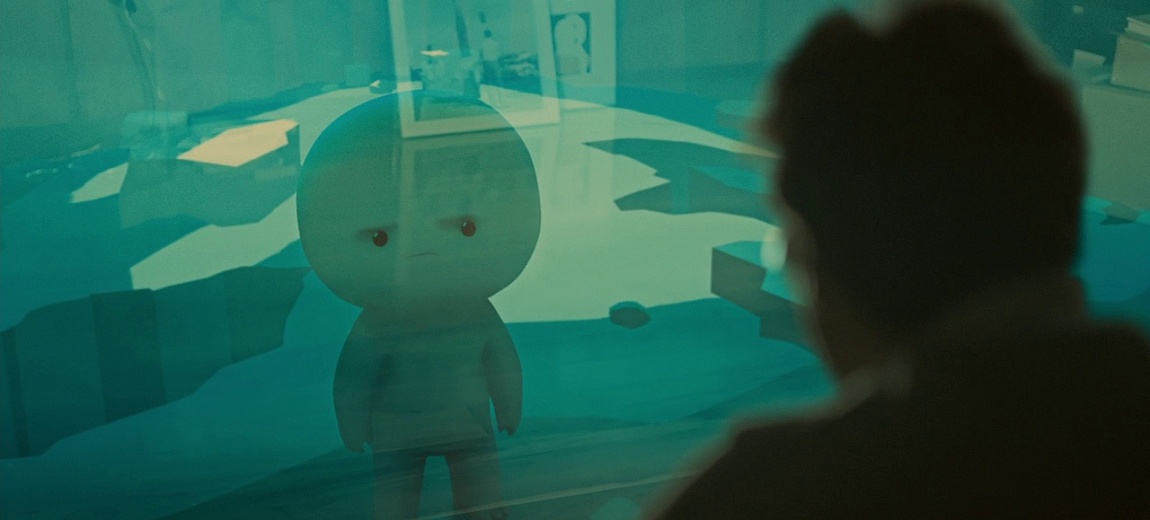

In 1996, Jon Favreau announced himself as a major talent in the Hollywood writing pool when he examined the Generation X quarter-life crisis through a devastatingly hilarious (and squeamish) phone call scene in Swingers.

After all, the brutal ugliness of reality is only one horse figurine behind you. It appears that for even Anderson, the frivolity of a visual carousel must come to an end. The effect is a pervasive sense of loss from the first frame. In some ways, this is a rip-roaring Hitchcockian adventure, complete with gruesome murders and exhilarating chases, but it still ends with a denouement worthy of Hemingway, and is framed within the context of several combined unreliable narrators (a feat complemented with its sliding aspect ratio for every individual perspective and time period). However, this seeming Euro-romp reaches for something more ambitious and nobler with its surprisingly downbeat plot and overarching shadow, a dark menace from fascism in 1920s Europe. Relying on his primary repertory of talent, and a new master class performance by first-time collaborator Ralph Fiennes, the ostentatious Grand Budapest Hotel would pretend to have all the hallmark beguilements of its director’s trademark humor. For his latest film, Wes Anderson conjured up a cinematic confection as sumptuously decadent as the titular hotel, and equally as haunted.


 0 kommentar(er)
0 kommentar(er)
